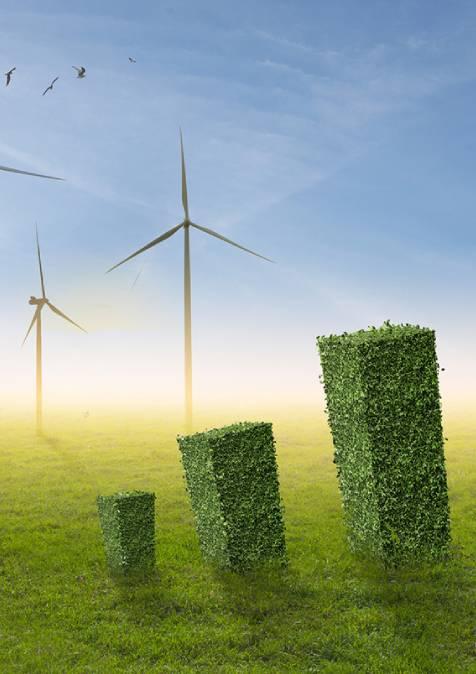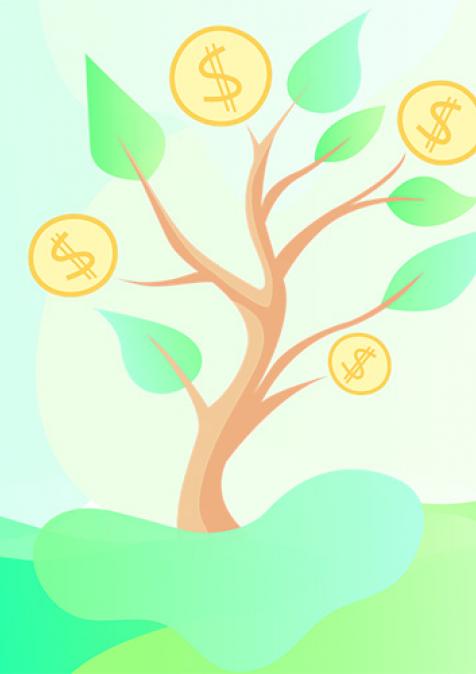Podcasts
Security–Development Nexus in Fragile States
04
July
2025
This episode explores how poverty, inequality, and climate change fuel insecurity and instability, often pushing fragile states toward militarization at the cost of social welfare. It examines why even stable nations are shifting resources from welfare to defense amid global threats, raising risks of social strain. The discussion probes whether citizens everywhere might face growing insecurity as military spending rises. Finally, it questions the role weakened international institutions can still play in supporting vulnerable countries.








